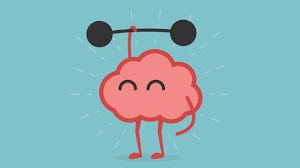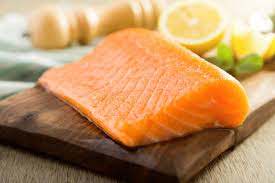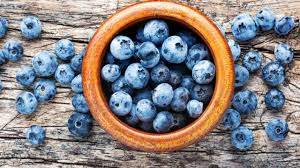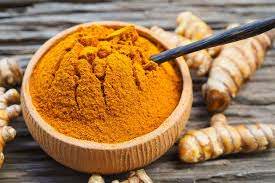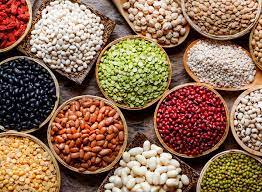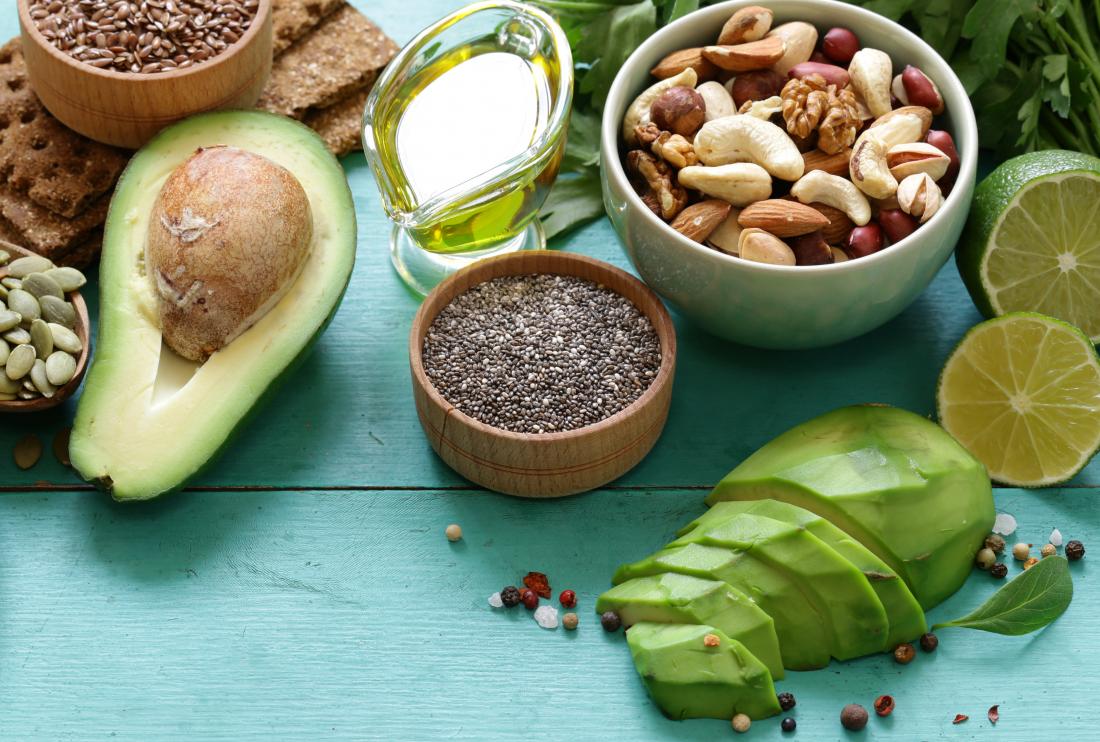Our Resources
Interested in replicating some of our events and/or spreading brain awareness and education?
Here, you can find resources from the program and more brain-related activities and videos.
Here, you can find resources from the program and more brain-related activities and videos.
